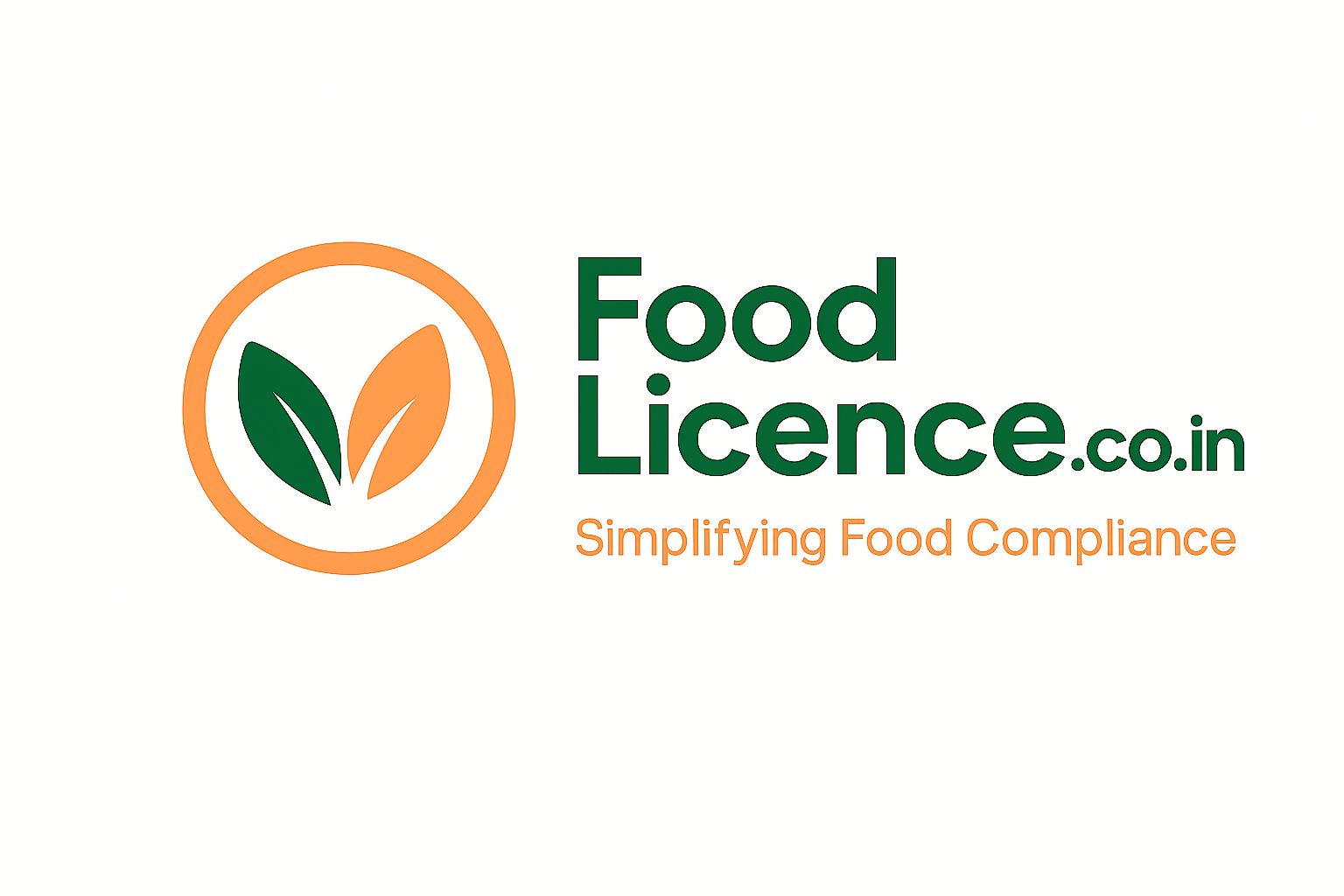
Food Business Operators have to mandatorily register with the Food Safety and Standards Authority of India by the rules fo the Government. The main reason for this is the standardisation across the board that all FBOs should meet. Another purpose is to look after customers, preventing the adulteration of food as well as the using of sub-par items when making them.
The FSSAI is a statutory body governed by the Food Safety and Standards Act, 2006, which is the primary law for the regulation of food products. The same Act is responsible for forming and enforcing food safety standards in India. Overall, the FSSAI functions under the administrative control of the Ministry of Health and Family Welfare.
Food Business Operators are also put together by a similar Act, which is the Food Safety, and Standard Act are companies that have anything to do with food. They can be public or private and run for profit or charity carrying out activities relating to manufacture, processing, packaging, storage, transportation, distribution of food, or the importing of food.
The FSSAI appoints food safety authorities on the state level, while there is an application process for some licences on the National Level. Their main aim is to
The FSS Act has taken all the older laws, rules and regulations for food safety and modified them into what it currently is. These were older Laws that were changed.
People who are registering with the FSSAI have to apply for a Food Licence, and there are three main types of licences that they should be applying for
If any changes take place, an FBO should be informing the FSSAI at the soonest. If the turnover of the establishment goes above the upper limit of the registration category, they should be renewing their licence and making the change. If the establishment considers working for a different cause, like a restaurant, turning into a food delivery service, they should inform the FSSAI when they are making the chance, so they are aware at the time that they visit the establishment fo an inspection.